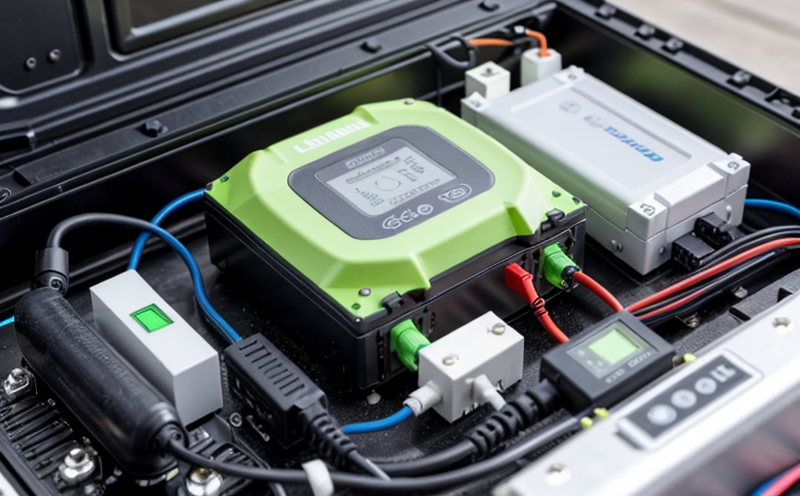GB/T 34013 Lithium-Ion Battery Testing under Low Temperature Conditions
The GB/T 34013 standard pertains to the testing of lithium-ion batteries under low temperature conditions, a critical aspect in ensuring their reliability and performance across various applications. This test is essential for quality managers and compliance officers within industries such as electronics, automotive, and consumer goods where battery performance can significantly impact product safety and longevity.
The GB/T 34013 standard specifies the methods to evaluate the low temperature performance of lithium-ion batteries. This includes testing parameters that simulate real-world conditions, ensuring that the batteries function correctly even in cold environments. Lithium-ion batteries are widely used due to their high energy density; however, they can suffer from reduced capacity and increased internal resistance when exposed to low temperatures.
The testing process involves several steps: first, the batteries must be properly prepared according to industry best practices. This includes charging them to a specified state of charge (SOC) before placing them in a controlled temperature environment that is gradually cooled down to the test temperature. The test temperature can range from -20°C to -40°C depending on the specific requirements set by the standard.
During the testing, various performance metrics are monitored and recorded. These include voltage, internal resistance, capacity retention, and charge/discharge efficiency. Compliance officers must ensure that these parameters meet the specified acceptance criteria outlined in GB/T 34013. The results of this test provide critical information for quality managers to make informed decisions about product design and manufacturing processes.
R&D engineers play a crucial role in optimizing battery performance under low temperatures by leveraging the insights gained from this testing process. By understanding how batteries behave at different temperatures, they can develop strategies to improve thermal management systems within devices containing these batteries. Additionally, procurement teams benefit from knowing which suppliers meet stringent temperature-related standards like GB/T 34013.
The importance of low-temperature testing cannot be overstated in today's rapidly evolving technological landscape. As environmental regulations become stricter and demand for more efficient energy storage solutions grows, ensuring that lithium-ion batteries perform consistently across all climates is paramount.
- International acceptance: The GB/T 34013 standard is widely recognized within China but also gains increasing traction globally as a benchmark for assessing battery performance under cold conditions.
In conclusion, compliance with the GB/T 34013 standard ensures that lithium-ion batteries meet rigorous quality standards set forth by this international consensus document. By adhering to these guidelines during production and testing phases, manufacturers can enhance customer satisfaction while maintaining a competitive edge in the market.





